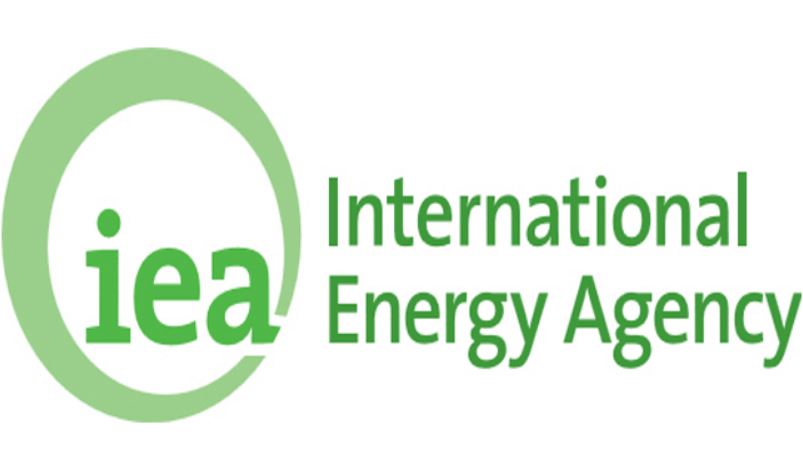Global energy prices are likely to keep rising without a major boost in clean energy investment, warns International Energy Agency (IEA).
The energy crisis has led to a sharp rebound in coal and oil usage, putting the world on course for the second-largest annual increase in carbon emissions in history this year.
Global volatility in the energy market and further price rises will continue without a major boost in clean energy investment, IEA.
Executive Director of IEA, FatihBirol believes the transition to net-zero carbon emissions will remain unstable, unless future energy needs can be financed.
As economies shift from fossil fuels and less sustainable industries, the consumption demands of consumers have to be met by clean energy investment across all technologies and markets, Birolsiad.
According to him, “There is a looming risk of more turbulence for global energy markets. We are not investing enough to meet future energy needs, and the uncertainties are setting the stage for a volatile period ahead.”
Birol outlined his views in the institute’s World Energy Outlook for 2021, which has been published amidst an energy price crisis in Europe and Asia.
The IEA has warned in its outlook that the crisis has led to a sharp rebound in coal and oil usage, putting the world on course for the second-largest annual increase in carbon emissions in history this year.
The report also stated that investment in clean energy and infrastructure must triple over the next decade to meet net-zero targets for carbon emissions in 2050.
It suggested that current climate pledges would only result in 20 per cent of the planned emissions reductions necessary by 2030, which is key to putting the world on a path towards net zero by 2050. This would need to be spread across developed and emerging economies around the world.
Birol believes that while a new economy based on clean energy is emerging, the rate of progress remains too slow.
He said, “Reaching that path requires investment in clean energy projects and infrastructure to more than triple over the next decade. Some 70 per cent of that additional spending needs to happen in emerging and developing economies, where financing is scarce and capital remains up to seven times more expensive than in advanced economies “
The institute considers its outlook to be a guide for the upcoming Cop26 climate conference in Glasgow, which aims to keep 1.5-degree temperature rises as an achievable target.
As it stands, the IEA believes current climate pledges are too modest. Measures already announced by governments would still result in temperature increases of 2.1 degrees by 2100, while implemented policies still leave the world on track for a 2.6-degree rise. They also anticipate that oil demand will not peak until the mid-2030s without further action


